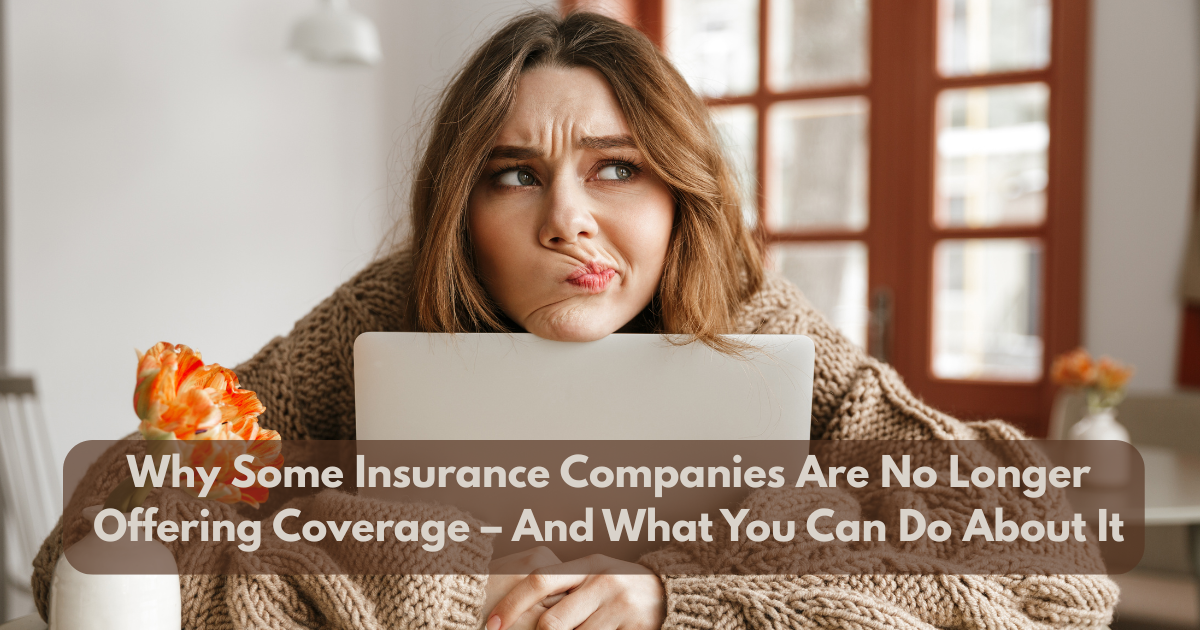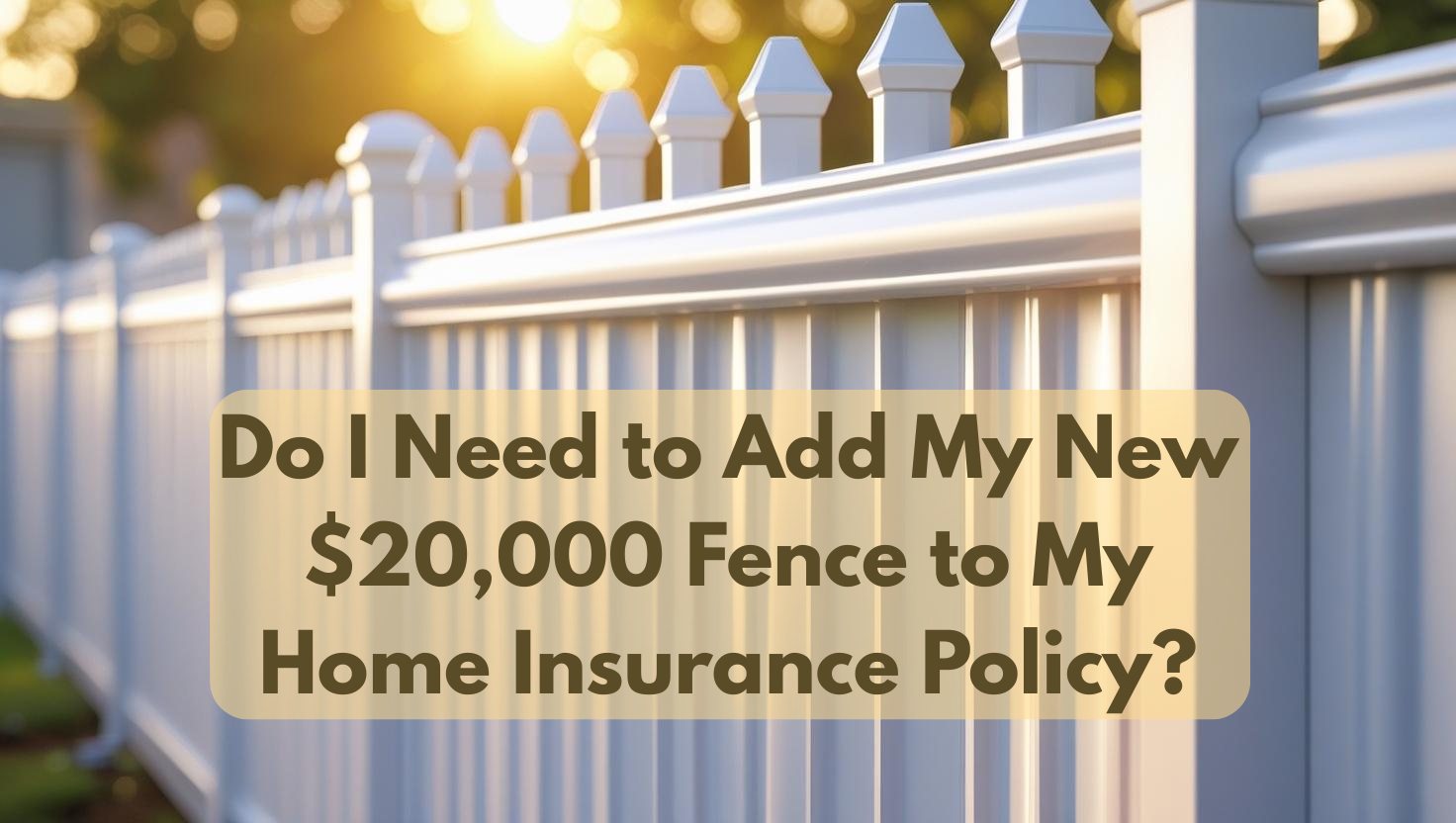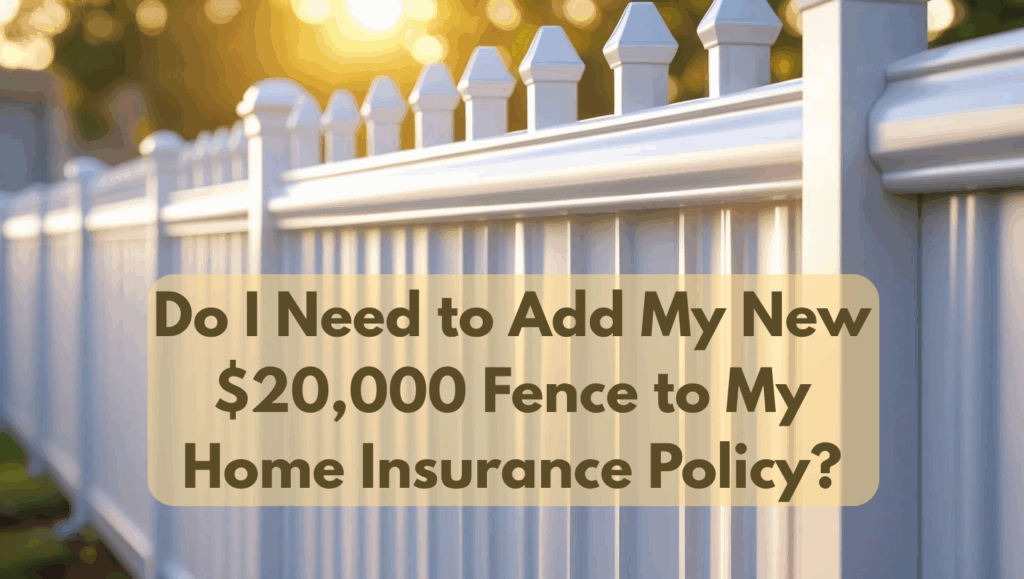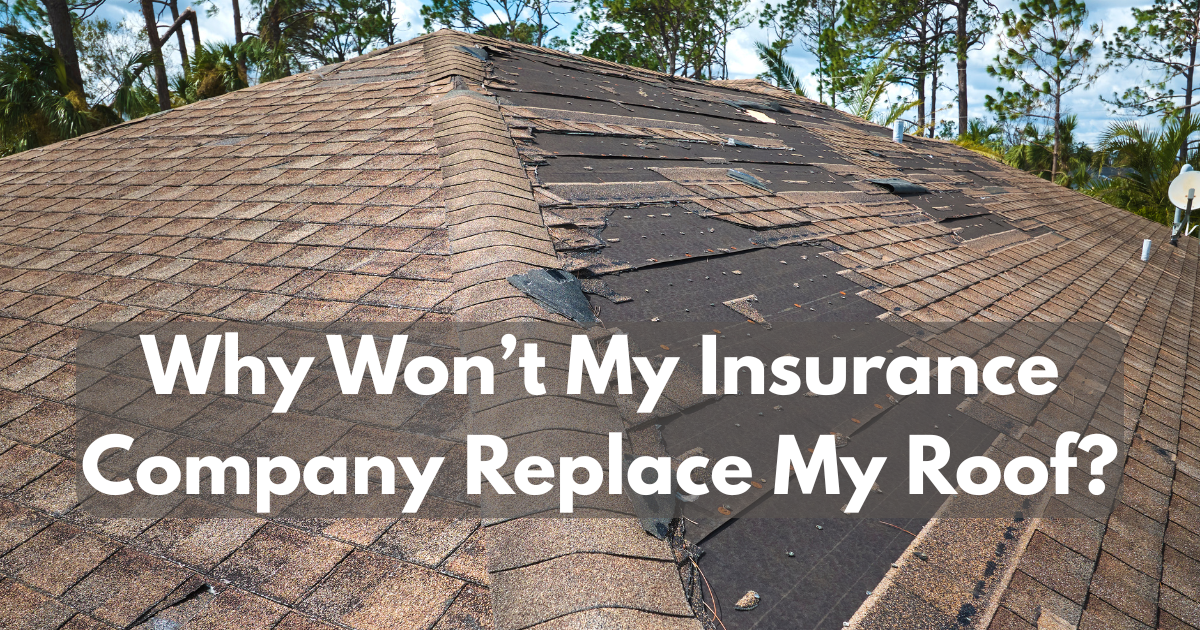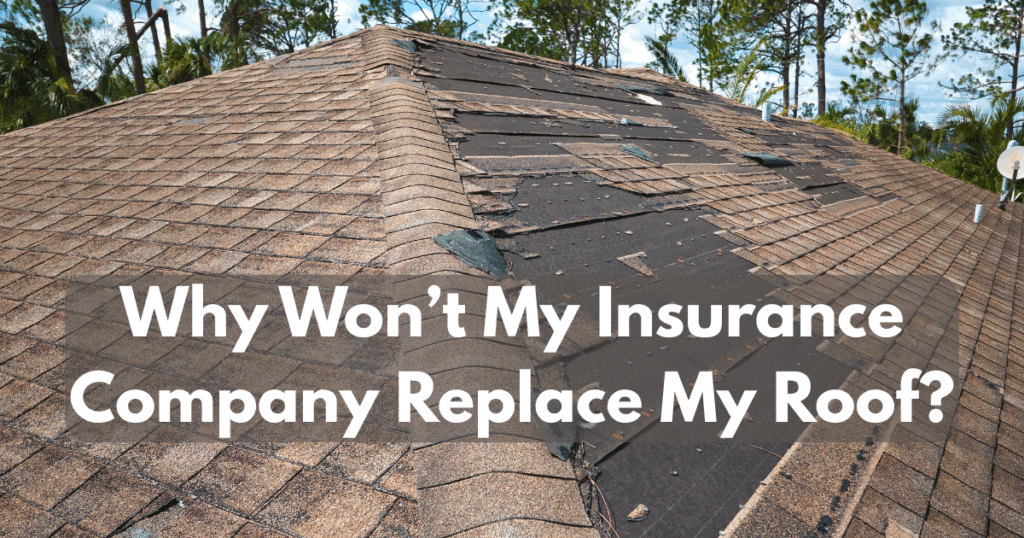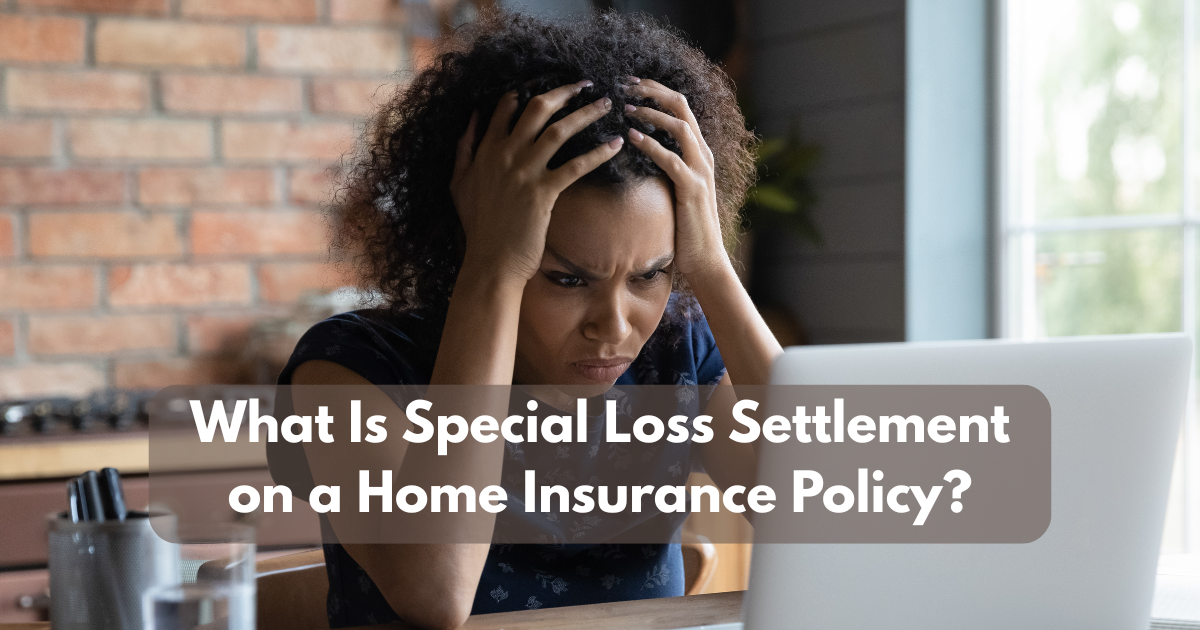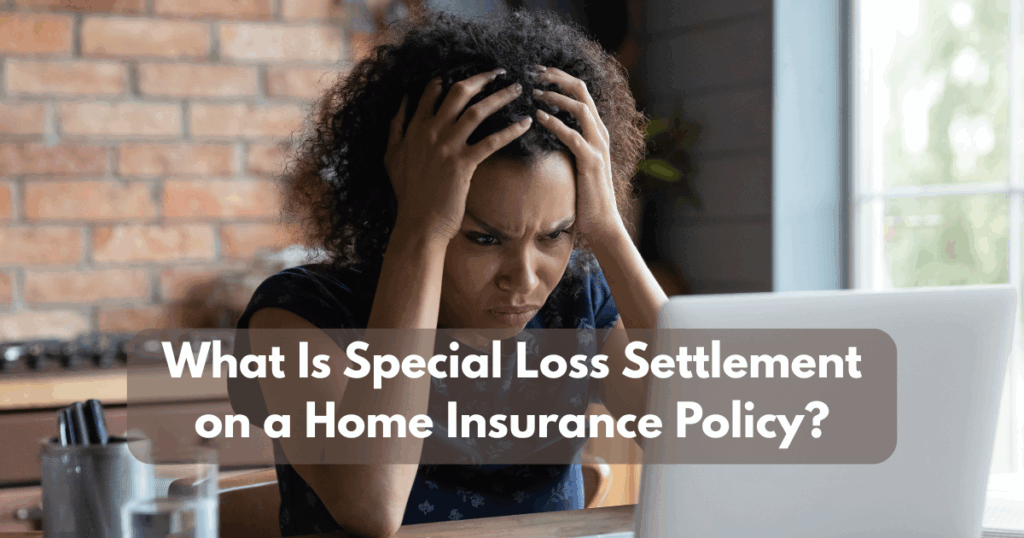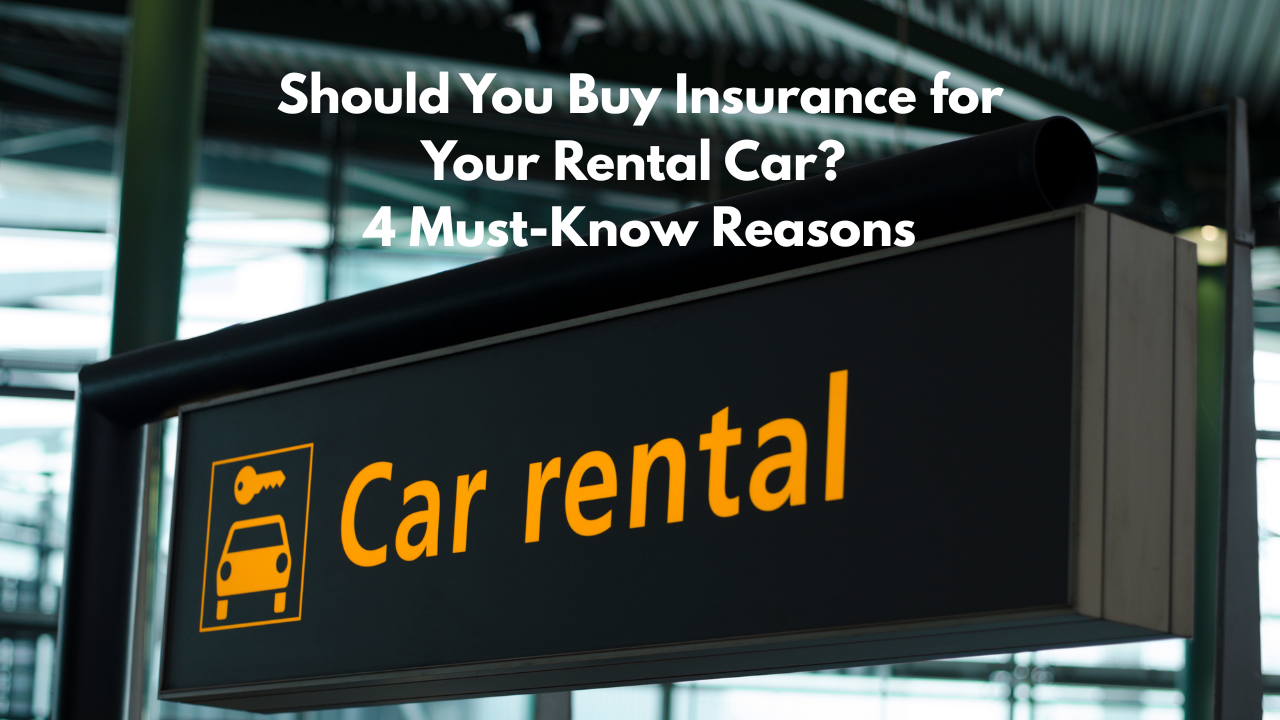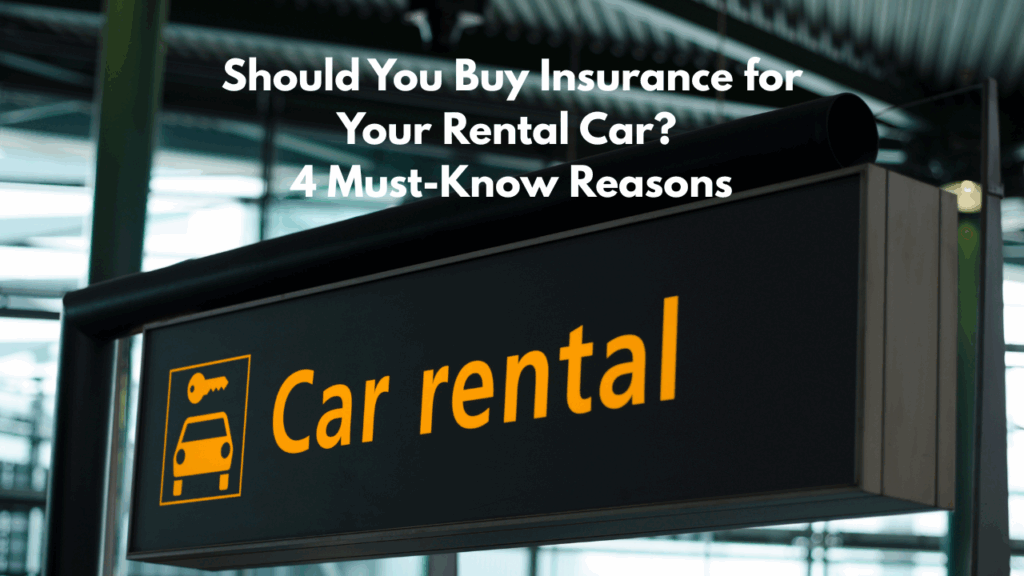Why Some Insurance Companies Are No Longer Offering Coverage – And What You Can Do About It

Why Are Some Insurance Companies Pulling Out? 🤔
If you’ve been hearing that certain insurance carriers are no longer offering policies in your area, you’re not alone. Across the country, many insurers are limiting coverage, increasing premiums, or even pulling out of specific markets altogether.
So, what’s going on? Here’s a closer look at why some insurance companies are saying “no” to coverage—and what you can do about it.
1️⃣ Increased Claims & Natural Disasters 🌪️🔥🌊
Severe weather events are becoming more frequent and costly. Insurers must pay out massive claims after:
✔ Hurricanes and flooding in coastal states 🌊
✔ Wildfires in California and the West 🔥
✔ Tornadoes and hail storms in the Midwest 🌪️
✔ Blizzards and ice storms in the Northeast ❄️
💰 Example: Hurricane Ian in 2022 resulted in over $112 billion in damages, forcing some insurers to stop writing new policies in Florida. (Source: NOAA)
With rising risks, some insurers decide to withdraw rather than take on financial losses.
2️⃣ Insurance Fraud & Rising Litigation Costs ⚖️
Fraudulent claims and excessive lawsuits are another big issue. Some states have seen a spike in lawsuits against insurers, forcing them to either increase rates or stop offering coverage.
📍 Example: In Florida, a surge in fraudulent roofing claims and lawsuits led to some major insurance carriers pulling out of the state entirely. (Source: III)
More lawsuits = higher costs = fewer carriers willing to offer insurance.
3️⃣ Inflation & Cost of Rebuilding 🏗️
The cost of rebuilding homes and repairing vehicles has skyrocketed due to:
✔ Higher material costs (lumber, metal, concrete)
✔ Labor shortages in construction
✔ Supply chain issues delaying repairs
💡 Fact: The cost to rebuild a home has risen over 30% in just a few years. (Source: NAHB)
Because insurers base premiums on replacement costs, many are either raising prices or pulling out of expensive markets.
4️⃣ Financial Stability & Reinsurance Costs 💰
Insurance companies don’t just collect premiums—they buy reinsurance to protect themselves from catastrophic losses. But reinsurance costs are soaring, and some insurers can’t afford to operate profitably.
🔹 Example: In 2023, some insurers in California, Louisiana, and Florida had to exit the market because reinsurance costs made it unsustainable to stay in business. (Source: AM Best)
What Can You Do If Your Carrier Leaves? 🛑➡️✅
If your current insurance company stops offering coverage, you still have options:
✅ Work With an Independent Insurance Broker
Your best bet is to connect with a local independent insurance broker. Unlike agents who work for a single insurance company, independent brokers have access to multiple carriers, giving you more options and better rates.
📌 Why work with an independent broker?
✔ More choices – They can shop policies from multiple companies, not just one.
✔ Local expertise – They understand state-specific insurance issues and regulations.
✔ Personalized solutions – They match you with the best policy for your specific needs.
✔ Better pricing – Since they compare multiple options, you’re more likely to get a competitive rate.
When a big-name carrier pulls out of the market, a broker can help you find another provider quickly—often before your current policy expires.
Other Steps You Can Take
1️⃣ Shop Around – Other carriers may still write policies in your area.
2️⃣ Look Into State-Backed Plans – Some states offer last-resort insurance options (like Citizens Insurance in Florida).
3️⃣ Improve Your Risk Profile – Making home improvements (like a new roof) or maintaining good credit can make you more attractive to insurers.
Final Thoughts: Stay Proactive & Work With a Broker 🏡📜
If you hear that your insurance company is pulling out, don’t panic—but act quickly to secure new coverage. An independent broker is your best resource to help you navigate this situation.
📌 Need help finding coverage? Contact a local independent insurance broker to explore your best options today!
🔗 Related Resources:
- What to Do If Your Home Insurer Cancels Your Policy (III)
- Why Some Insurers Are Leaving Certain States (NPR)
- How Natural Disasters Affect Insurance Costs (FEMA)
Would you like personalized advice on securing coverage? 📞 Reach our team at 617-298-0655 😊


